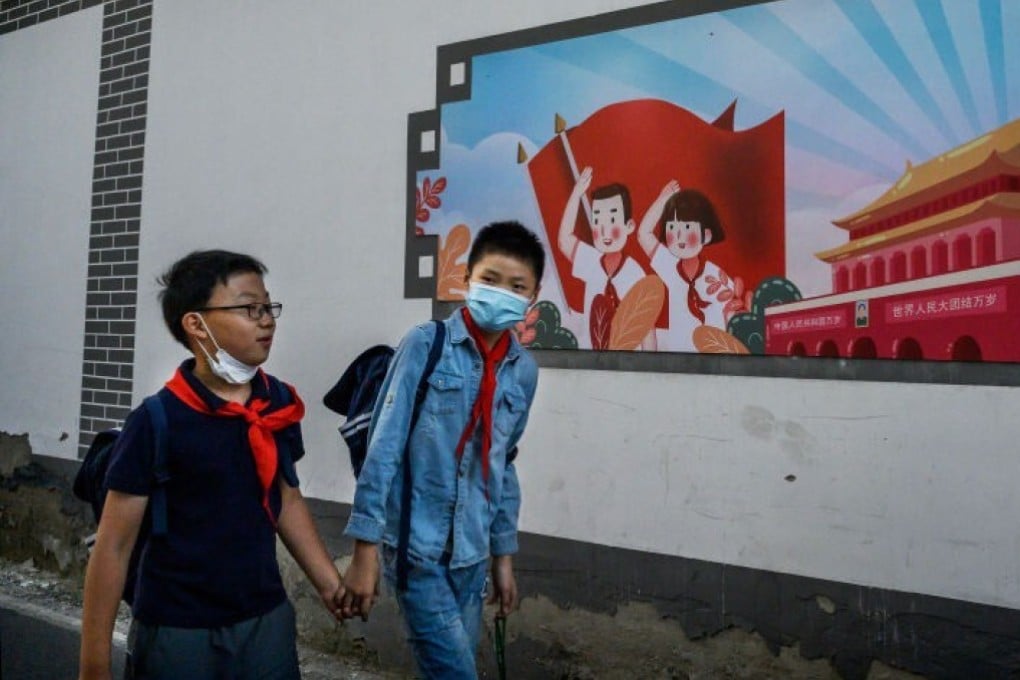China’s plans to ‘cultivate masculinity’ with more gym classes and male teachers met with outrage by gender and sexuality experts
- Ministry of Education plans criticised by groups believing they could have a disastrous impact on society, including increased domestic violence
- The call to action is a response to a top political adviser’s suggestions that described China’s young men as ‘delicate, cowardly and effeminate’

Chinese education officials’ call for more physical fitness classes in schools to make the country’s young men more masculine has been met with outrage by critics who say the move could result in increased domestic violence and other social problems.
Local governments and schools will soon be required to increase the number of gym teachers as well as improve teaching methods that “cultivate masculinity”, according to the Ministry of Education’s plan announced on Thursday. The initiatives aim to improve schoolboys’ mental and physical health while the ministry conducted further research, it said.
The call to action is a response to top political adviser Si Zefu’s suggestion that the country needed to combat the increasing “feminisation” of young men who he described as “delicate, cowardly and effeminate”.
He also called for more male teachers to “combat the issue” while voicing concern over the “threat to the development and survival of our nation”.
